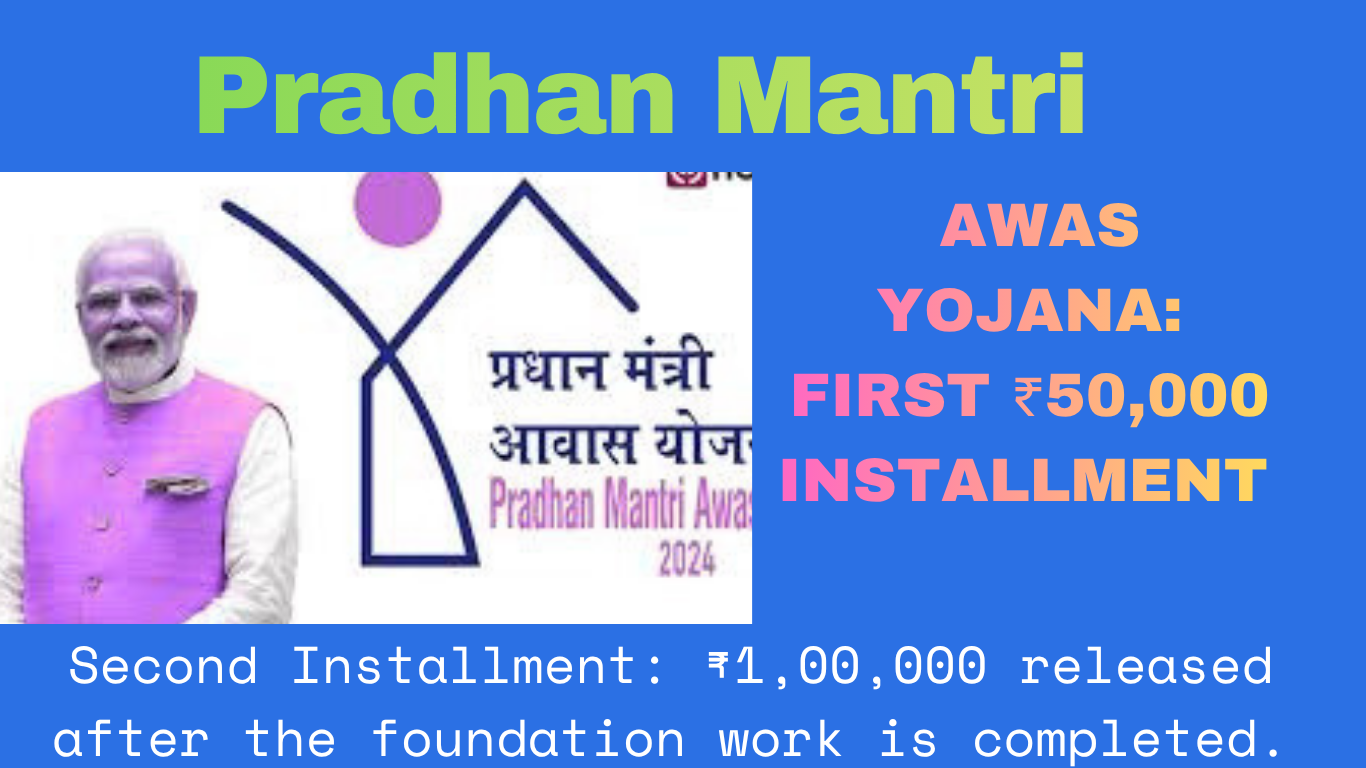Date: Monday, July 21, 2025
Joshita Das was found hanging on Monday, July 21, 2025, in her rented accommodation. That evening, her landlord and colleagues discovered her body when she didn’t respond to calls or knocks.
The alleged suicide of PWD Junior Engineer Joshita Das in Assam’s Bongaigaon district raises serious concerns over workplace harassment, corruption, and lack of mental health support in government jobs.
Table of Contents
Body:
A deeply troubling case has emerged from Assam’s Bongaigaon district after the tragic death of a young woman engineer, shining a harsh light on systemic issues in government workplaces. The deceased, 26-year-old Joshita Das, was a Junior Engineer with the Public Works Department (PWD – Housing). She was found dead in her rented home in Barpara on Monday, and the circumstances surrounding her death have sparked widespread outrage and calls for accountability.
Suicide Note Names Senior Officials
Police recovered a suicide note at the scene that has since become central to an ongoing investigation. In the note, Joshita directly named two former PWD officials—Executive Engineer Dinesh Sharma Medhi and SDO Aminul Islam—accusing them of mentally harassing her and coercing her to sign off on questionable financial documents.
According to her note, Joshita was under intense pressure to approve a contractor’s bill for the “MIN Stadium at Borsojgaon under Gossaigaon LAC” project. The work was reportedly being carried out without proper architectural drawings and vital documentation. The contractor involved, identified as Rudra Pathak, allegedly had no site engineer, leaving Joshita to manage the technical responsibilities alone.
She Was Mentally Shattered,” Says Family
Joshita’s mother, who has filed a formal FIR with Bongaigaon Police, said her daughter was emotionally devastated by the workplace stress. “She used to talk about the pressure. She was mentally shattered,” the grieving mother told reporters.
In her final note, Joshita also accused architect Debajit Sarma of submitting an inaccurate estimate riddled with discrepancies. Despite raising multiple concerns, she claimed she was isolated, denied support, and repeatedly pushed to sign off on documents that did not meet basic procedural standards.
Transfers Did Not End the Pressure
While both Medhi and Islam had recently been transferred—Medhi to the Nalbari NH Division and Islam to the Office of the Chief Engineer—Joshita alleged that they continued to interfere in her work from their new positions. This continued pressure, according to her note, compounded her mental distress.
Following initial investigations, Bongaigaon police arrested both officials. The suicide note, now in police custody, is expected to be a key piece of evidence in the case. Authorities have also confirmed that a full post-mortem examination is being conducted and that a broader inquiry into the department’s practices is underway.
Bigger Questions: Corruption and Mental Health in Government Jobs
Joshita’s death is more than an isolated tragedy. It has rekindled debate about corruption, toxic work environments, and the lack of mental health infrastructure for young professionals, especially in high-stress public service roles. Engineering and administrative departments, often riddled with bureaucratic pressure and political interference, offer little to no institutional support for junior staff navigating complex projects and unethical demands.
The incident has sparked widespread reaction on social media and among professional circles, with many calling for strict measures against harassment in government offices and stronger safeguards for whistleblowers and junior employees.
Conclusion
Joshita Das’s passing is a sobering reminder that mental health, ethics, and professional accountability are not optional—they’re essential. Her death must not be in vain. It’s time for structural reforms, transparent investigations, and a cultural shift in how government institutions treat their youngest and most vulnerable members.
As the investigation unfolds, the public watches closely, demanding justice—for Joshita, and for every professional who has ever felt powerless in the face of institutional pressure.
Stay updated with the latest news and alerts — follow us at racstar.in












